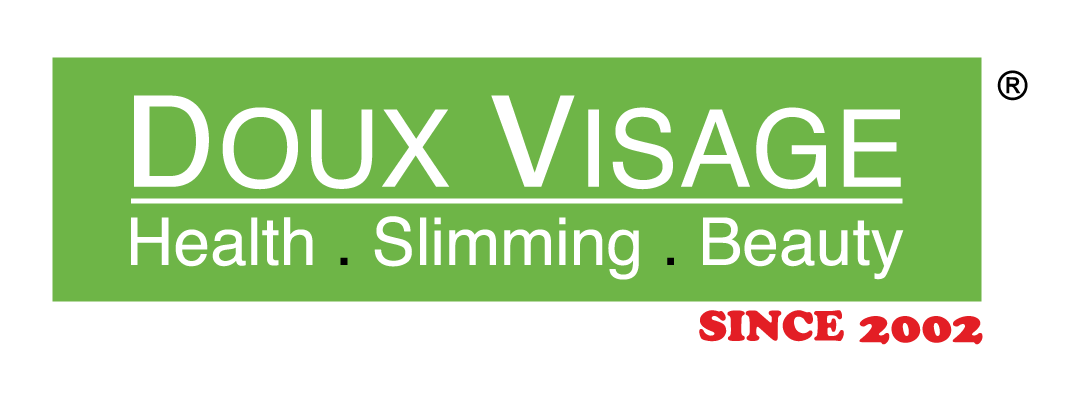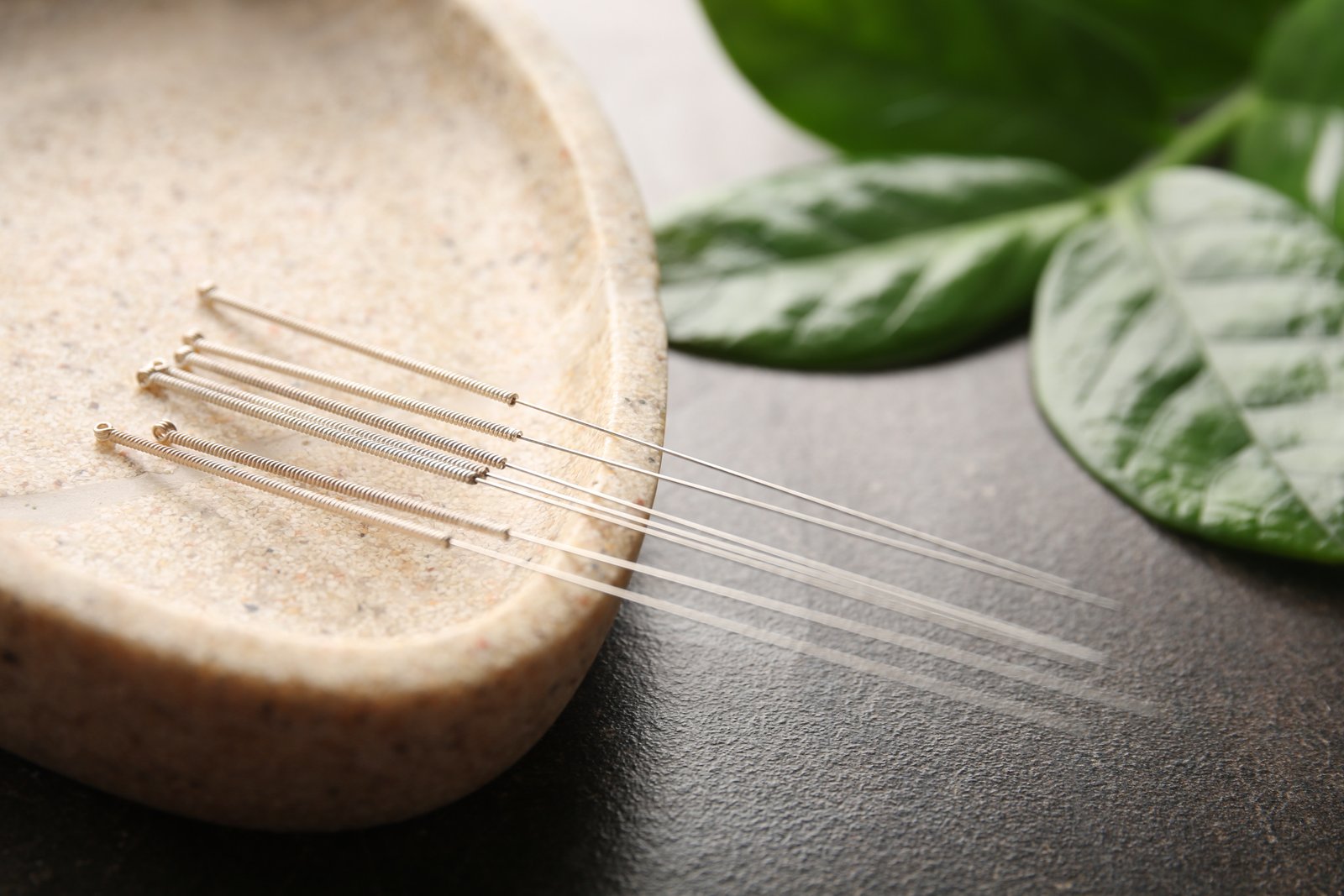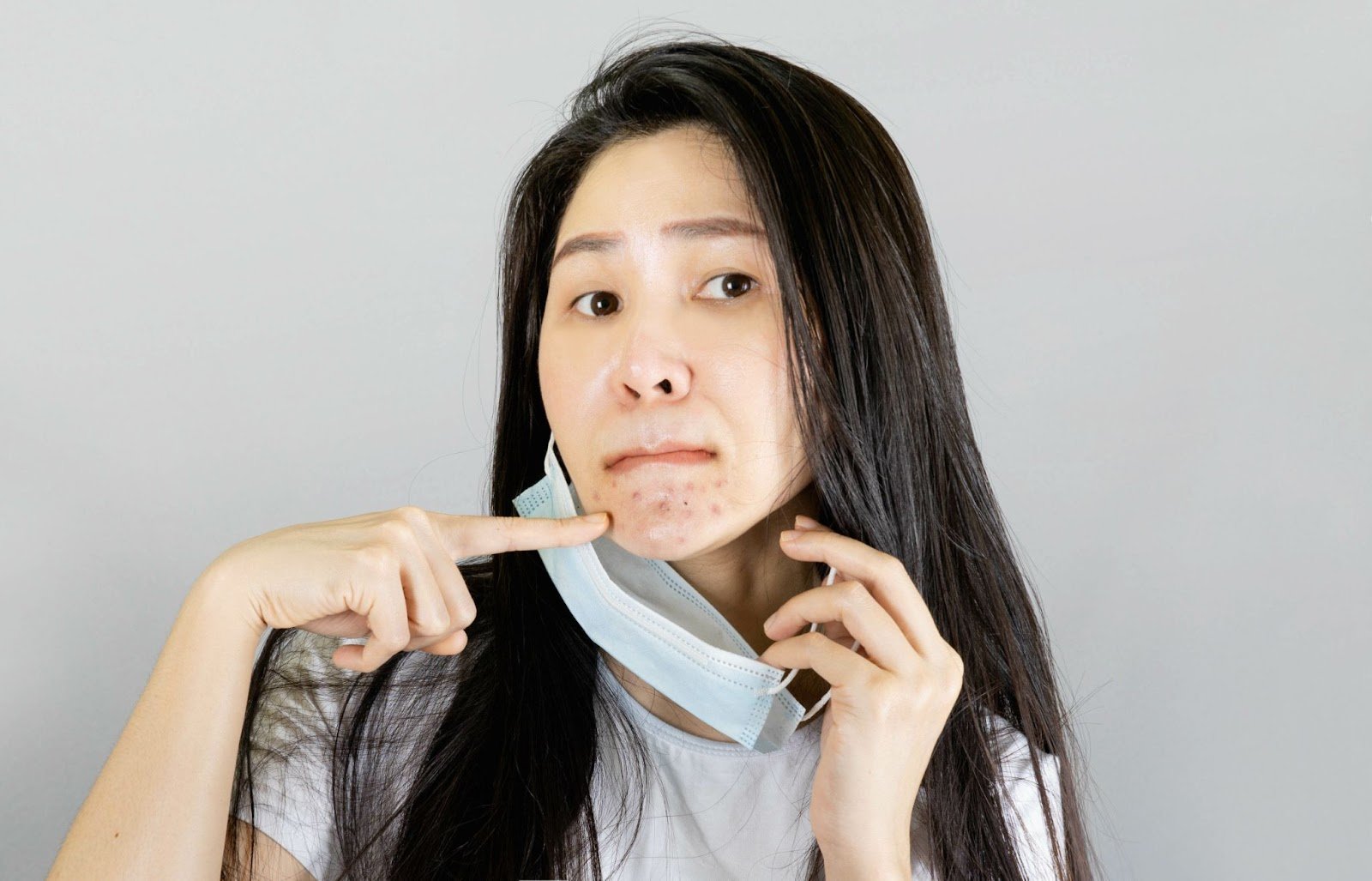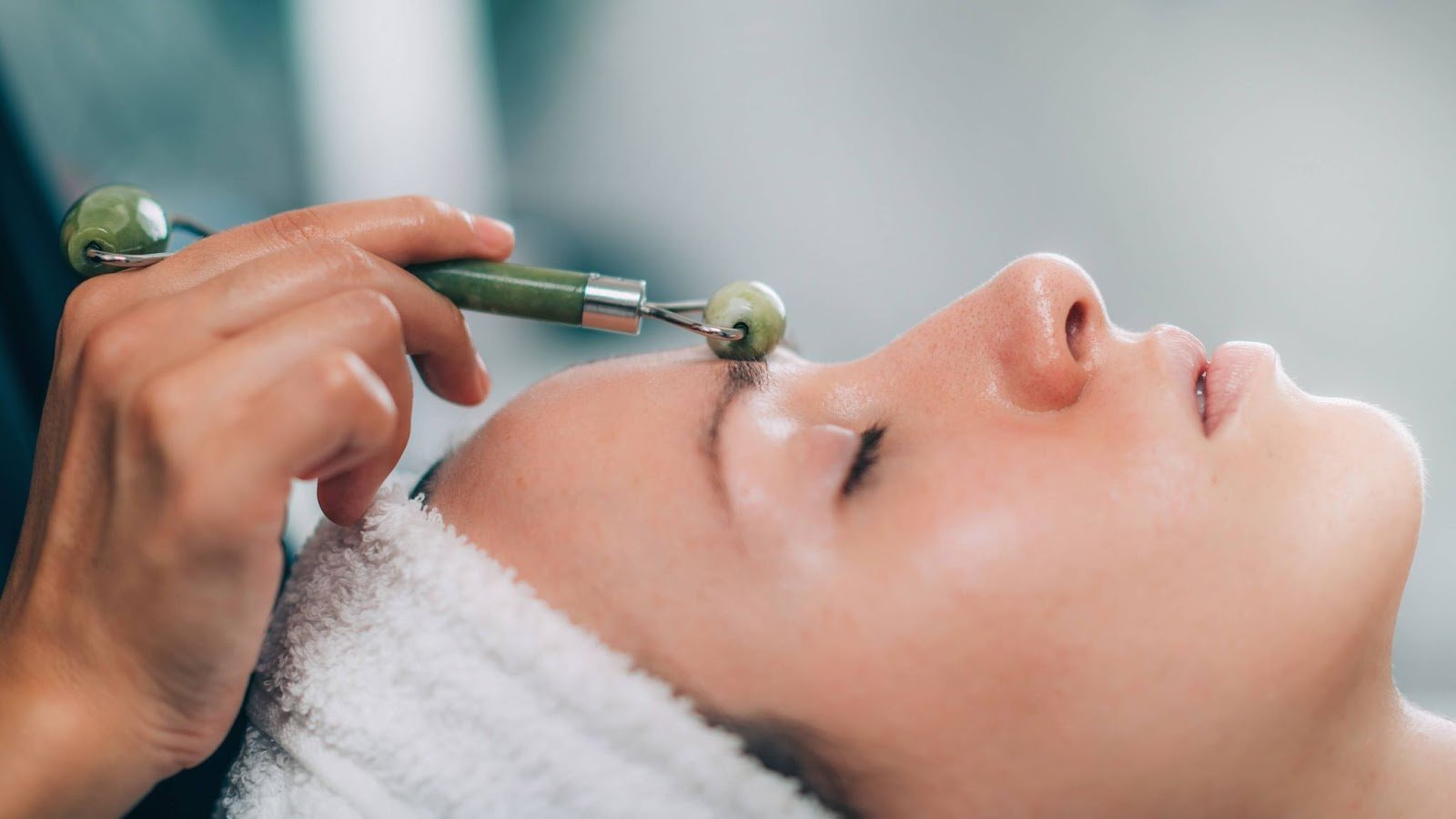Acupuncture vs Dry Needling: Which is The One For You?
Sticking needles into our bodies may seem scary, but it has always been a way to help relieve pain and discomfort—it sounds crazy, but it works! Acupuncture and dry needling are some of the famously known practices that use needles to provide relief to certain areas of the body, especially for those suffering post-injuries.
But are they the same? While both use needles to relieve pain by puncturing the skin, they are vastly different. While dry needling has only been around for approximately 40 years, acupuncture dates back to Ancient China, where the practice is rooted deeply in Traditional Chinese Medicine (TCM).
Before you head on over to an acupuncture clinic in Malaysia, ensure you’re choosing the right needling treatment for you! In this article, we’ll explore the unique characteristics of each treatment—acupuncture and dry needling—to discover the best option to treat your concerns.
What is acupuncture?
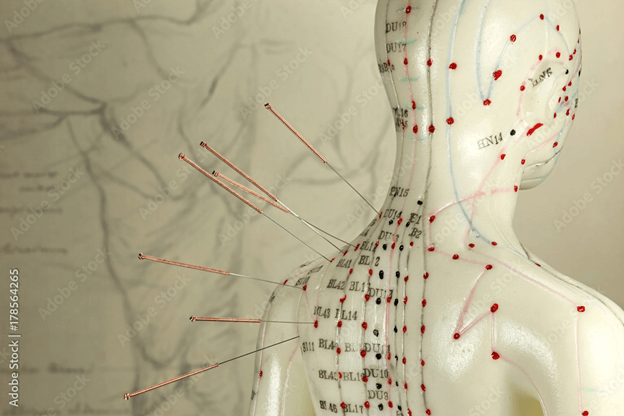
Photo ID: 178564265
Rooted in centuries of Ancient Chinese medicine and practices, acupuncture is the practice of inserting thin, sterile needles into specific points on the body to stimulate energy flow, or “qi.” This method aims to restore balance within the body by targeting energy pathways known as meridians.
When these specific points are targeted and activated, acupuncture can relieve pain, reduce stress, and treat various ailments, including digestive issues, migraines, and sleep disorders. While it is a traditional practice that dates from before modern medicine, modern studies do suggest its effectiveness in promoting relaxation, boosting blood circulation, and reducing inflammation.
Advantages of acupuncture
There are various advantages of acupuncture, as there is a reason why it continues to be relevant in modern times. Some of these advantages include:
- A personalised treatment for your specific concerns.
- Can be used as a complementary therapy in Western medicine.
- Relieves not only physical pain but also mental stress and hormonal imbalance.
- Flexible form of treatment that can treat various concerns at once.
- Offers a low risk of pain and side effects.
- Helps manage chronic pain like arthritis, migraine, and insomnia.
What is dry needling?
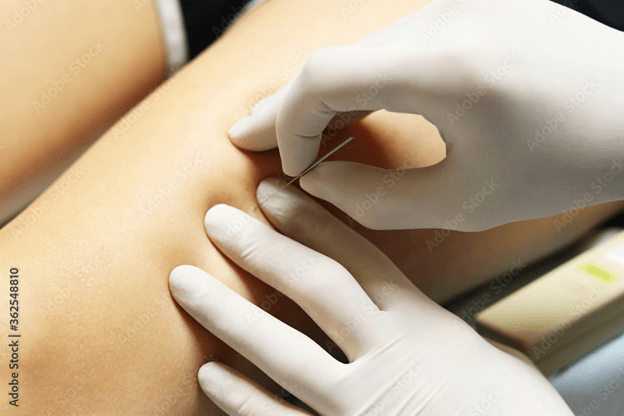
Photo ID: 362548810
Dry needling is a product of modern Western medicine, used to treat muscle pains and tightness by inserting thin, filiform needles directly into trigger points or knotted areas within muscles. This technique is common in physical therapy as it helps release tension, reduce muscle spasms, and improve the overall range of motion.
By targeting these trigger points, dry needling can relieve discomfort associated with conditions like chronic pain, sports injuries, and joint issues. The needle insertion causes a localised twitch response, which signals the muscle to relax and promotes blood flow, aiding in the body’s natural healing process.
Advantages of dry needling
Dry needling offers many advantages to its users, especially those suffering from serious sports injuries. These advantages are:
- Relieves muscular pain and stiffness.
- Improves flexibility and overall range of motion.
- Speeds up recovery.
- Improves nerve communication.
How to know which is best for you?
Now that you’ve learned about the unique characteristics and benefits of both acupuncture and dry needling, it’s time to decide which one is the one for you! However, knowing the differences isn’t enough to know if the treatment suits you.
Keep reading to learn the key considerations you should take note of when choosing between acupuncture or dry needling treatment.
Purpose
When choosing between acupuncture or dry needling treatment, ask yourself what purpose and focus you want from this treatment. Is it strictly physical pain or something more holistic?
Acupuncture, rooted in Traditional Chinese Medicine, is used for a broader range of conditions, including pain management, stress relief, and balancing the body’s energy (Qi). On the other hand, dry needling primarily targets muscular pain and dysfunction by releasing muscle trigger points.
Technique and Approach
In acupuncture, needles are gently inserted along energy (Qi) pathways to restore balance and alleviate various ailments. TCM Practitioners will manipulate these needles by gently twirling them or heating them up for an enhanced treatment.
In contrast, Dry Needling is a technique that shares similarities with acupuncture that targets specific muscle trigger points to release tightness and improve function directly. While this treatment typically leaves the needle in place at a trigger point, there is also an in-and-out technique where the needle is immediately removed after insertion..
Training and Certification
As needling treatment is invasive, ensure that practitioners are properly trained and certified. Certified practitioners commonly offer acupuncture at specialised acupuncture clinics in Malaysia, where they follow rigorous training standards in Traditional Chinese Medicine (TCM).
On the other hand, dry needling, rooted in Western medicine, requires specific training in musculoskeletal therapy. Confirm that your practitioner has appropriate certification, as expertise ensures safe and effective treatment tailored to your needs.
Book an Acupuncture Treatment with Doux Visage Today
Finding the right acupuncture clinic in Malaysia is crucial for effective and safe treatment, so if you’re looking for one, look no further than Dr Goh TCM & Health Management! From post-injury to finding hormonal balance, acupuncture can do it all!
As certified TCM practitioners, we’ll ensure personalised acupuncture treatment that addresses all your concerns. Book and appointment with Doux Visage today, health professionals from our subsidiary Dr.Goh TCM & Health Management are ready to assist you.
Call us at +603 7728 6113, +6012 622 4868, or contact us today.
